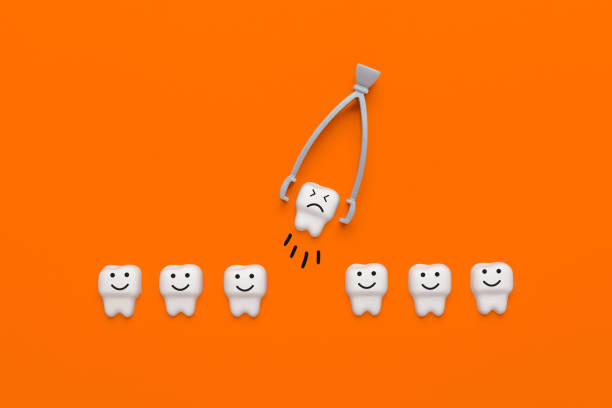
Wisdom Teeth Removal: Myths vs. Facts
Introduction
At our esteemed dental clinic, we believe in providing accurate information and debunking common misconceptions surrounding wisdom teeth removal. As experts in oral health, we understand the importance of addressing concerns and providing clarity to our patients. In this article, we aim to shed light on the myths and facts associated with wisdom teeth removal. Our goal is to equip you with the knowledge necessary to make informed decisions regarding your oral health.
Myth 1: Wisdom Teeth Removal Is Always Necessary
One of the most prevalent misconceptions is that everyone must have their wisdom teeth removed. The truth is, not everyone needs to undergo this procedure. Wisdom teeth removal is typically recommended when the teeth are impacted, causing pain, infection, or damaging adjacent teeth. However, if the wisdom teeth are healthy, properly positioned, and can be easily cleaned, extraction may not be necessary.
Myth 2: Wisdom Teeth Removal Is Always Painful
Contrary to popular belief, wisdom teeth removal is not always a painful experience. With advancements in dental techniques and anesthesia, the procedure is now relatively comfortable. Our highly skilled and experienced oral surgeons ensure that you receive the appropriate anesthesia to minimize any discomfort during the extraction process. Following the procedure, we provide detailed aftercare instructions to manage any post-operative discomfort effectively.
Myth 3: Everyone Has Wisdom Teeth
While wisdom teeth are common, not everyone develops them. Some individuals may have fewer than four wisdom teeth, while others may have none at all. The absence of wisdom teeth does not indicate any dental abnormalities. Regular dental check-ups and X-rays can help determine whether or not you have wisdom teeth and assess their potential impact on your oral health.
Myth 4: Wisdom Teeth Removal Is Risky
Another misconception surrounding wisdom teeth removal is that it poses significant risks. However, when performed by a skilled oral surgeon in a controlled environment, the procedure is considered safe. Our dental clinic adheres to strict sterilization protocols, utilizes state-of-the-art equipment, and employs a highly trained team to ensure your safety and well-being throughout the process.
Fact 1: Wisdom Teeth Can Cause Oral Health Issues
While not all wisdom teeth require extraction, it’s essential to monitor their development closely. Wisdom teeth often emerge between the ages of 17 and 25, a time when most people have already established their permanent teeth. Due to limited space in the mouth, these third molars can become impacted or grow at odd angles, leading to various oral health issues. These include gum inflammation, tooth decay, cysts, and damage to neighboring teeth.
Fact 2: Early Evaluation Is Crucial
Regular dental check-ups play a crucial role in determining the presence and position of wisdom teeth. We recommend scheduling an evaluation during the mid to late teenage years to assess the need for wisdom teeth removal. Early evaluation allows us to identify potential problems before they worsen, ensuring timely and appropriate treatment.
Fact 3: Wisdom Teeth Extraction Prevents Future Complications
Even if your wisdom teeth are not currently causing any discomfort, removal may be recommended to prevent future complications. Leaving impacted or problematic wisdom teeth in place can lead to more severe issues down the line, such as infections, cysts, and even damage to adjacent teeth. By proactively addressing the situation, you can avoid unnecessary pain and potential oral health problems in the future.
Fact 4: Recovery Time Varies
Recovery following wisdom teeth extraction can vary from person to person. While some individuals may experience minimal swelling and discomfort, others may require a slightly longer recovery period. Our dedicated team will provide detailed post-operative care instructions tailored to your specific needs, ensuring a smooth and comfortable recovery process.
Conclusion:
Wisdom teeth removal is a common dental procedure aimed at preventing potential dental complications. By removing the problematic third molars, you can safeguard your oral health and prevent issues such as crowding, impaction, and infection. If you’re experiencing discomfort or suspect problems with your wisdom teeth, consult with your dentist for an evaluation and guidance on the best course of action.
Remember, each case is unique, and your dentist will provide personalized recommendations based on your specific situation. Stay informed, prioritize your oral health, and take proactive steps to ensure a healthy smile.
Remember to consult with a dental professional for personalized advice regarding wisdom teeth removal.

